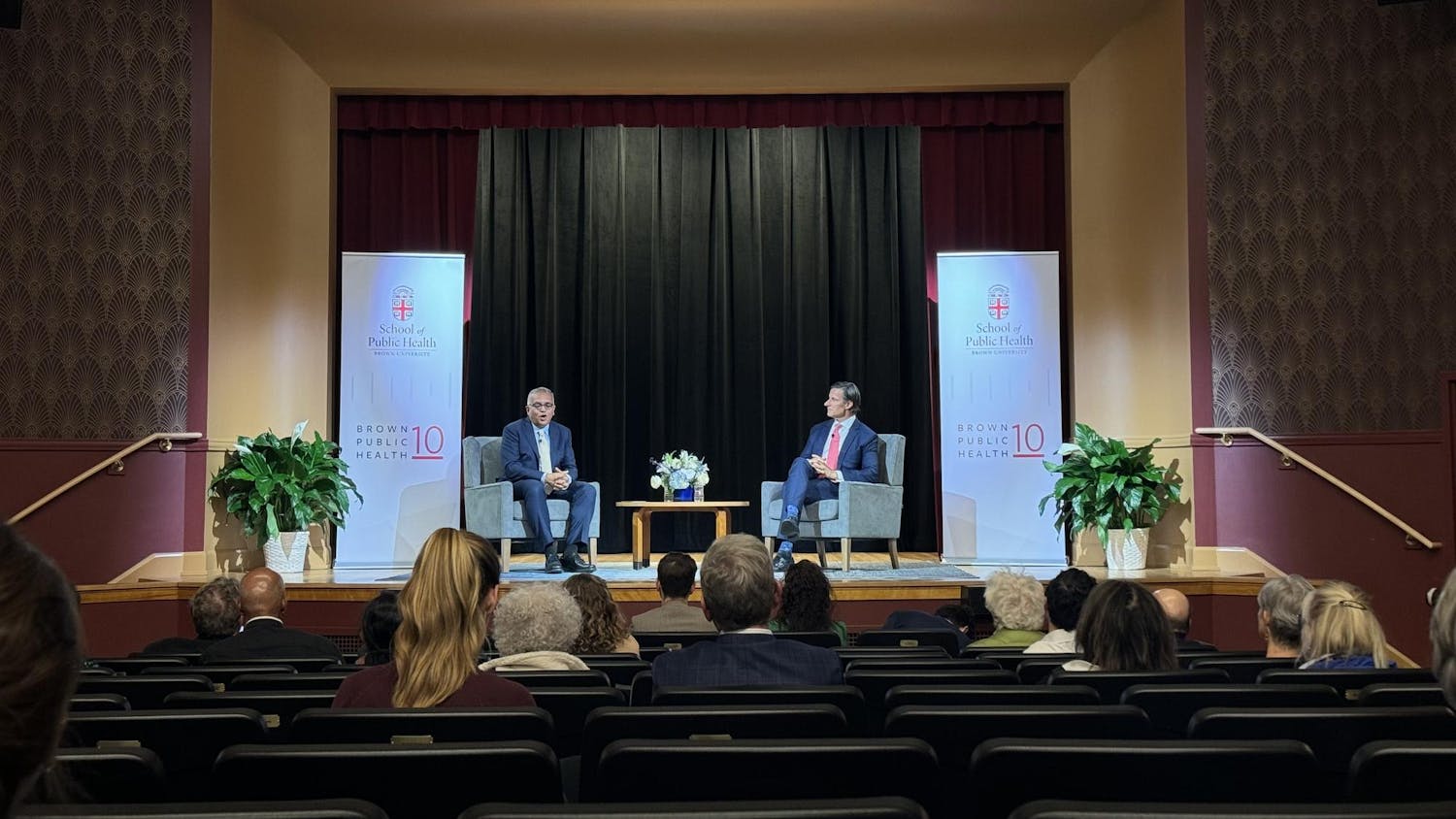With the 2020 Democratic primary under way, University political scientists are researching new ways to evaluate the current election cycle and incorporate current election news into the classroom. Professors Katherine Tate, Richard Arenberg and Rachel Meade spoke with The Herald about their research and experiences as they relate to the 2020 election.
Katherine Tate: 2020 and the Black vote
Katherine Tate, a professor of political science, has focused her work on understanding trends in the Black electorate. Tate currently teaches two political science courses — POLS 1315: Social Groups in American Politics and POLS 1823H: Public Opinion. In these classes, Tate hopes to provide undergraduates with minority perspectives so that they may develop a deeper understanding of policy debates.
In her research, she discovered that since the 1990s, Black voters and Congressional Black Caucus members have been becoming less liberal. Tate said that white voters did not see this same trend. Her research analyzed national polls of eligible Black voters as well as NOMINATE scores, which assign an ideological score to political entities, including the Congressional Black Caucus, and are often used by other researchers.
But current progressions in the 2020 primaries have caused Tate to reevaluate this trend. Many Black voters originally supported former Vice President Joe Biden, who is viewed as a more moderate candidate, but Sen. Bernie Sanders (I-VT) has picked up support. “Sanders is Black (voters’) second choice because they are too moderate,” she said. Despite the leftward shift in Black politics, Tate believes that Black voters “would rather fix Obamacare than have Medicare for All.”
Overall, candidates have been scrambling for endorsements from Black community members, Tate said, citing former New York City Mayor Michael Bloomberg as having asked for endorsements from Black leaders.
“The Black vote is critical in determining who gets to be the nominee,” Tate said.
Richard Arenberg: 2020, the filibuster and 34 years working at the US Capitol
Richard Arenberg, a visiting professor of the practice of political science and senior fellow in international and public affairs, came to Brown 11 years ago after spending 34 years on Capitol Hill in senior staff positions with three different US Senators.
He has since taught various courses on Congress, the presidency, campaigns and elections. This semester, he is teaching POLS 1100: US Congress, where he hopes to impart a respect and admiration for the US Congress. “I teach about (Congress’) frailties and failures, but I greatly admire the role Congress plays in our system and think it is the heart and soul of the democratic system,” Arenberg said. In his other course this semester, POLS 1130: American Presidency, Arenberg teaches undergraduates about the history and evolution of the presidency.
In Arenberg’s co-published book “Defending the Filibuster: The Soul of the Senate,” he provided support for maintaining the filibuster of the US Senate —which has become a point of debate among the Democratic presidential candidates. “I admire (Sen. Elizabeth Warren (D-MA)) as a political figure among other things, but I think she has chosen to focus on removing the filibuster in the Senate — and that is a very short sighted position she’s taken,” Arenberg said.
The filibuster has been used to “delay debate or block legislation” and is “widely viewed as the Senate’s most characteristic feature,” according to the Congressional Research Service. The United States Senate reaches a filibuster when less than 60 of the 100 Senators agree to close debate and move to a vote. During a filibuster, debate can continue indefinitely, effectively halting a bill that lacks Congressional minority support.
Arenberg said that with the filibuster, the senate needs at least some of the minority to vote with the majority, which has been a positive concept in the long history of the Senate, as it fosters discussion and moderation. “My perspective is that the greatest difficulty we are facing in the Senate is … hyperpartisan polarization ... (making it) very difficult to get the parties to the same table to negotiate.” Arenberg added that removing the filibuster would strengthen that polarization.
“There are a number of critical issues not adequately addressed by our government largely because of the ideological polarization we see,” he said. “A lot of those issues are at the forefront of the Democratic (primaries) … but if these issues will be dealt with going forward, candidates need to address not just what their (political) positions are but (also) how they will get through the legislative process.”
Rachel Meade: 2020 and populist movements
Rachel Meade, a visiting assistant professor of political science, has focused her research on the motivation behind the support of populist politics. “A lot of research focuses too much on the leaders, and I wanted to focus more on the identity of the supporters,” she said.
Meade has identified populist movements as having any “type of language or discourse where people are seen as opposed to a group of (elite establishments).”
Her earlier research identified Donald Trump’s 2016 campaign and Sanders’ 2016 campaign as examples of new populist movements. She argues that Trump supporters tended to see the elite as the liberal establishment and the media, and Sanders supporters viewed the elite as the wealthiest one percent of Americans. In both cases, Meade argues that supporters of these movements felt that elites were against them.
Meade currently teaches POLS0920G: US Populism in Comparative Perspective, where her goal is to introduce students to the “causes and consequences of populist phenomena and compare current and historical cases of US populism with those in Europe and Latin America,” according to the course description on Courses@Brown.
“The (2020) Democratic candidates really illustrate the effects that populism has had on (the Democratic Party),” Meade said. “Sanders was the lone candidate (in 2016) discussing the top one percent and Medicare for All, and that was sensed as a radical message for the Democratic Party,” Meade said. Now, Warren is running on a similar campaign and many Democratic candidates are endorsing similar measures that address the wealth gap, Meade added.





